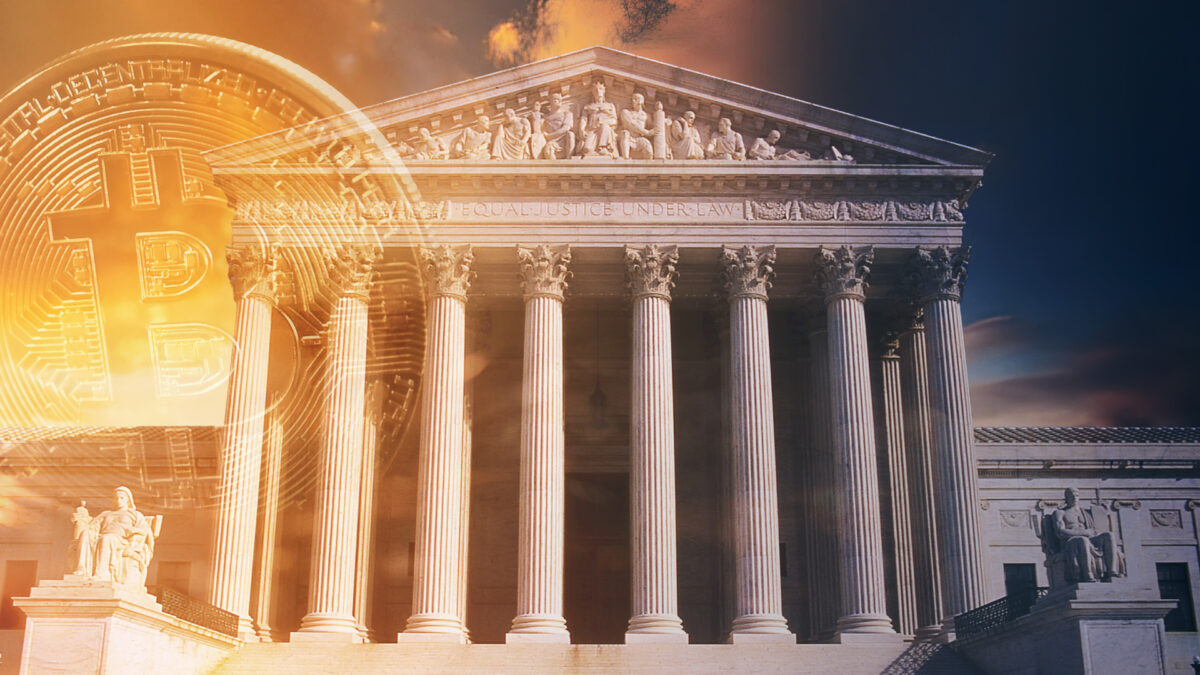In a transfer signaling a extra structured strategy to the burgeoning crypto business, U.S. House Republicans unveiled a contemporary legislative proposal on Thursday that establishes swimlanes between the Commodity Futures Buying and selling Fee and the U.S. Securities and Trade Fee (SEC).
At 212 pages, the “Financial Innovation and Technology for the 21st Century Act” is designed to offer a transparent regulatory panorama for digital belongings, introducing contemporary definitions, highlighting digital asset exemptions, and charts a course for intermediaries within the digital asset area (e.g., crypto exchanges) to go about registering with the CFTC and SEC.
To that impact, the brand new invoice establishes joint rulemaking authority between the 2 regulatory businesses, granting the CFTC the ability to manage and oversee the digital commodities market, which incorporates exchanges and broker-dealers.
The invoice intimately
As for the SEC’S authority, the invoice proposes amendments to current U.S. securities legal guidelines, whereby the SEC can be required to consider “innovation” when formulating new laws. In different phrases, digital commodities like Bitcoin and sure stablecoins used for funds can be exempt from being categorized as “securities.”
The invoice additionally delineates the SEC’s jurisdiction over cost stablecoins, significantly when they’re utilized on platforms registered with the SEC. Nonetheless, it stops wanting granting the regulatory physique any oversight in regards to the design, construction, or operational facets of those stablecoins.
Corporations aspiring to register as broker-dealers or various buying and selling programs with the SEC, particularly for functioning as digital asset intermediaries, can be topic to thorough inspections by the regulatory company.
Rep. Glenn “GT” Thompson (R-Pa.), Chairman of the House Committee on Agriculture, emphasised the significance of the invoice in a current assertion.
“Over the past several months, our teams solicited extensive feedback from stakeholder and market participants and worked diligently to produce a legislative product that aims to close existing authority gaps, ensuring U.S. leadership in financial and technological innovation,” Thompson mentioned on Thursday.
Dusty Johnson (R-S.D.) additionally expressed the business’s craving for a transparent regulatory stance. “The crypto industry wants clarity, and our collaborative bill gives both the CFTC and SEC a seat at the table. Our bill establishes clear principles to ensure financial security and certainty as blockchain technology continues to innovate.”
This transfer comes amid rising considerations inside the crypto group relating to the perceived regulatory ambiguity within the U.S. Such uncertainties, coupled with a collection of assertive enforcement measures by the U.S. Securities and Trade Fee (SEC), have prompted well-established crypto enterprises to ponder relocating from the U.S. Furthermore, this unclear regulatory surroundings has additionally discouraged potential startups from establishing store within the nation.
Criticism and considerations
The invoice has not been with out its critics. Gabriel Shapiro, the chief authorized officer at Delphi Labs, identified a major modification from the invoice’s June draft through Twitter. He noticed that the up to date model of the invoice has excluded quite a lot of standard securities, equivalent to shares and bonds, from the “digital assets” definition. This additionally encompasses “transferable shares” and “certificates of interest” in profit-sharing agreements, amongst others.
Shapiro expressed considerations over the implications of this transformation, particularly for the decentralized finance (DeFi) sector. He talked about that sure belongings prevalent within the DeFi area, like Compound’s cTokens or Liquid Collective’s Liquid Staking Tokens, would possibly face stringent laws beneath the brand new provisions, even when they weren’t topic to such laws beforehand.
Because the crypto group awaits additional developments, it’s evident that the proposed invoice has sparked a renewed debate on the stability between innovation and regulation within the digital asset sector. The approaching months might be essential in figuring out whether or not this proposed invoice addresses probably the most elementary questions which have left U.S. buyers and business individuals rightfully annoyed and agitated.
Editor’s be aware: This text was written by an nft now employees member in collaboration with OpenAI’s GPT-4.


